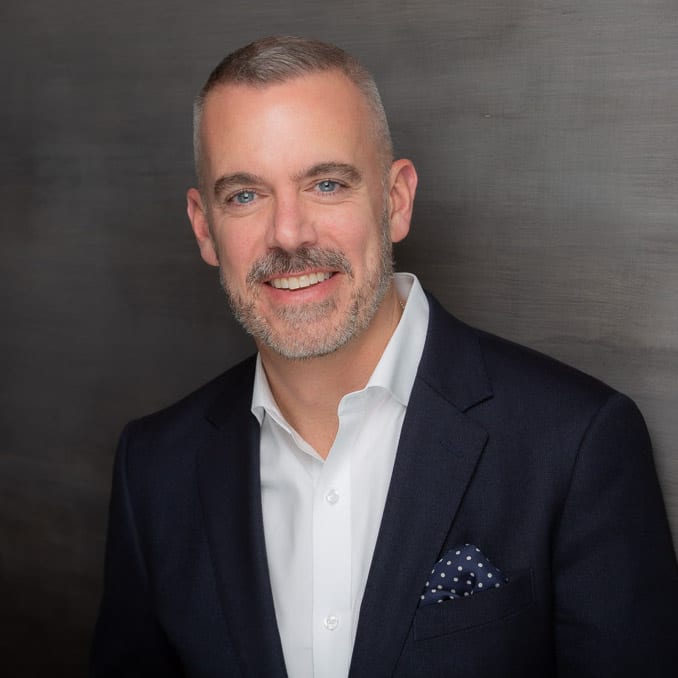 I spent the first week of 2015 in a New York hospital. The details aren’t important – all’s well, thanks to some talented people and good meds. But thanks to the experience, my perspective on leadership has changed in a way I didn’t expect.
I spent the first week of 2015 in a New York hospital. The details aren’t important – all’s well, thanks to some talented people and good meds. But thanks to the experience, my perspective on leadership has changed in a way I didn’t expect.
For the first 48 hours of my stay my bed was in the hallway, beneath bright fluorescent lights, amid the rush hour of human hospital traffic. It didn’t matter what I did for a living or what insurance I had or what kind of car I drove. In that hospital, I was no more or less important than the college kid with food poisoning or the grandfather with COPD. My meals were served on paper trays (the plastic ones were saved for the patients with actual rooms), and I did what I was told. Doctor’s and nurse’s orders.
It was humbling, and illuminated for me some powerful truths – I’ll call them three of many “great equalizers.” Lately I’ve been thinking about how these equalizers apply to leadership.
1. Empathy is powerful, but you’ve got to earn it to give it.
I’ve been in hundreds of client meetings where we’ve focused on “the customer experience” or, more relevant here, “the patient journey.” It wasn’t until I was in need of a few more blankets, or had to use my own iPad to learn more about a medication, that I was able to truly empathize with the audiences we try to reach each day. Lesson learned: Go work on-site at a client, spend time in the aisles of a retailer, volunteer to work behind the counter for a day, or host a meeting in someone else’s office or workspace so you see what their perspective is like. Earn the ability to empathize. Don’t just assume you can. If the journey of a thousand miles begins with a single step, make sure a few of those steps are taken in the shoes of the ones you’re trying to impact.
2. The voice you listen to doesn’t have to be the one attached to the biggest business card.
When was the last time you watched a room get quiet or a dumb idea go unchallenged because the most senior person offered it up? Only later to learn that the rookie (or less senior colleague) was sitting on the right answer all along? During my hospital stay I learned pretty quickly that the nursing staff had more time to spend answering my questions than the most senior doctors – and both brought value to every conversation. Lesson learned: Old-school, hierarchical mores are dead – and they should be, as a new generation of highly-curious, guardrail-bending millennials help drive our thinking.
3. Often the most authoritative words you can say are, “Can you help me?”
(click to tweet) I think it’s easy to assume that leaders know everything about everything – and do we expect them to, subconsciously? Maybe. But my admiration-ometer soars when I hear someone in authority ask for help or guidance from others who know more, and can teach them. Back in that hospital, you can bet I needed help – even just to figure out the volume button on the TV. Lesson learned: Asking for help isn’t weak – it means you’re point of view will be stronger.
I hope to avoid more hospital beds in the future, but not more contemplation about the great equalizers. Lessons learned for PR, by way of the ER.
